The United States is no longer the master of the situation. The era of bullying is over
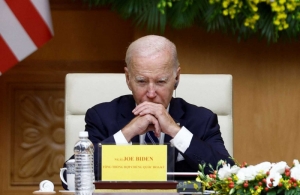 A picture is better than an article. Anyone who followed the facial expressions of US President Joe Biden during the G20 summit in New Delhi realizes that the United States is attending the summit this time looking for a way to avoid defeat or reduce its size.
A picture is better than an article. Anyone who followed the facial expressions of US President Joe Biden during the G20 summit in New Delhi realizes that the United States is attending the summit this time looking for a way to avoid defeat or reduce its size.
What separates Iran, Turkey, Saudi Arabia, India, and China may be greater than what unites them. The distance between these countries and Brazil and Mexico may be very far, but there is something close between them. This was proven by the results of the BRICS summit held last month in Johannesburg, South Africa.
The traditional global governance system “has become dysfunctional and deficient,” and the BRICS countries “have become an increasingly entrenched force in the defense of international justice.”
The US President did not have to wait to hear what Chen Xiaodong, the Chinese ambassador to Pretoria, said to reporters, to realize that the rules of the game had changed, and that the policy of bullying was no longer useful in dealing with countries of the world.
On the surface, the US President’s efforts to heal the rift may appear to be successful, but in practice they will not eliminate the significant impact that the policies of successive US administrations have had on the current global order.
One of the biggest threats facing the United States is the BRICS group, which includes Brazil, Russia, India, China, and South Africa. With just five members, the group makes up 42 percent of the world’s population. Its contribution reached 31.5 percent to the global economy by the end of 2022.
The United States knows that things will not stop there, and that it will not be able to ignore the position of many countries (at least 40 countries, including Indonesia, Bolivia, Argentina, Turkey, Bahrain, and Algeria) that have publicly revealed their desire to join the group’s countries. There are 20 countries among them that submitted an official request for membership, and the group agreed to include 6 countries, including Saudi Arabia, the Emirates, Iran, Ethiopia, Argentina and Egypt.
The group is leading a campaign to replace the US dollar with its own common currency by 2030.
Despite his gloomy facial expressions, the US President had to carry a surprise up his sleeve to present on the sidelines of the G20 summit, through which he would test the size of the gap caused by Washington’s policies, by proposing a project linking India and Europe through railway and maritime transport lines across the Middle East. This was considered a response to the new Chinese “Silk Roads”.
The project, which aspires to establish a “more stable, prosperous, and integrated Middle East” and provides “endless opportunities” for clean energy, clean electricity, and laying cables to connect societies, is nothing more than a test balloon, by launching which Washington wants to ensure that a thread of affection still connects it with the countries of the East. Middle.
Despite this, India, the host country of the summit, was keen to value the American initiative and saw in it “seeds that will make the dreams of future generations greater.”
This is also what Saudi Crown Prince Mohammed bin Salman was keen on, who said that “the economic project will contribute to the development of infrastructure, which includes railways,” stressing that “this economic corridor will provide long-term job opportunities.”
It is clear that the “American corridor” is a direct response to the Chinese “Belt and Road” initiative by creating a competing road with India as its center and launching in parallel with the Chinese project and competing with it over the most important points of its passage from the Gulf to Europe.
Welcoming the American project did not obscure the differences over other hot issues, most notably the Russian-Ukrainian war, revealing for the first time the weakness of the American position.
The traditional global governance system “has become dysfunctional and deficient,” and the BRICS countries “have become an increasingly entrenched force in the defense of international justice”
After more than 200 hours of continuous negotiations, 300 bilateral meetings and 15 draft texts, the joint statement issued by the summit contented itself with rejecting the “use of force” in Ukraine to achieve field gains, but without mentioning Russia specifically.
After a long debate, the final statement did not include a condemnation of Russia for its invasion of Ukraine, only emphasizing the territorial integrity of the borders, while the majority of G20 members last year explicitly condemned the invasion.
How the war in Ukraine ends will be a major factor in determining what the future world order will look like. The Ukrainian trap that Washington wanted to trap Putin in may turn into a trap for the United States. Everything depends on Putin’s success, not in winning the war, but only in holding on to power.
This scenario will crown Beijing as the leader of a single Asian pole, which is what the United States wants to avoid at all costs.
Although the American President denied that he wanted to “contain” China, he left New Delhi heading to Vietnam, to confirm American influence in Asia and place the United States at the gates of Beijing, where he announced from there the conclusion of a “broad strategic partnership.”
The true American intentions behind the visit may be revealed if we know that Vietnam has not concluded such a partnership, which represents the highest degree of diplomatic rapprochement it has established so far, except with Russia, India, South Korea, and China.
Biden considered that “Vietnam and the United States are essential partners” at a “very important” stage for the world. Emphasizing “deepening cooperation in the field of key emerging technologies, especially with regard to establishing a more resistant supply chain for semiconductors.”
One of the biggest threats facing the United States is the BRICS group, which includes Brazil, Russia, India, China, and South Africa. With just five members, the group makes up 42 percent of the world’s population
It is known that semiconductors were behind a sharp and major dispute between the United States and China.
A statement issued after the signing of the agreement stated that the goal is to “develop” Vietnam’s capabilities in this regard “for the benefit of American industry,” praising “the ability of (this country in Southeast Asia) to play an essential role in securing solid supply chains for semiconductors.”
In other words, the United States would be less dependent on China. Which Biden confirmed that he does not want to contain.
Who would believe a partner like this?
On the surface, the US President’s efforts to heal the rift may appear to be successful, but in practice they will not eliminate the significant impact that the policies of successive US administrations have had on the current global order, and Washington will not be able in the future to return to being alone in leading the world.
Leaders of countries will continue to extend their hands to shake hands with President Biden and his successor American presidents, but every time they do so they will be careful to count their fingers.
The G20 summit established the end of unipolarity. The United States is no longer the master of the situation. The era of bullying is over.
There are new masters and there is a new world whose features are beginning to take shape.
Rawabetcenter.com
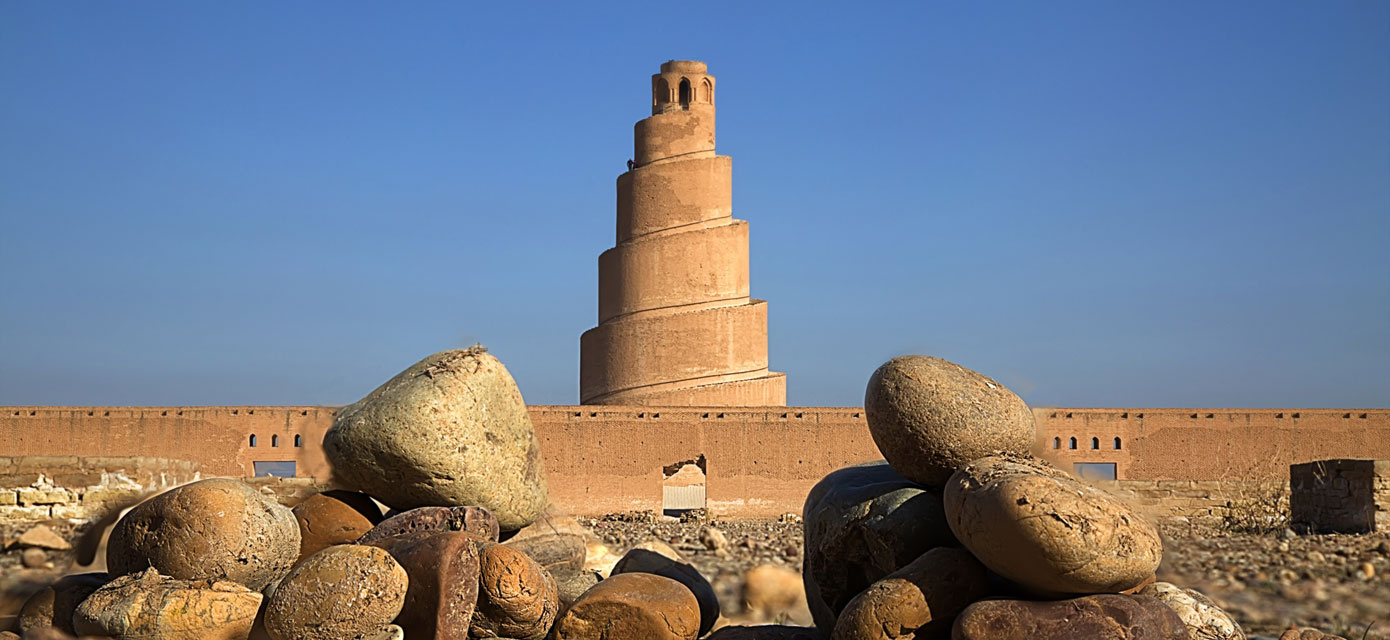 Shafaq News / An Iraqi government official announced, on Wednesday, Saudi plans to launch large investments in – the capital of Islamic civilization – in Samarra District, within Saladin Governorate.
Shafaq News / An Iraqi government official announced, on Wednesday, Saudi plans to launch large investments in – the capital of Islamic civilization – in Samarra District, within Saladin Governorate.
 A picture is better than an article. Anyone who followed the facial expressions of US President Joe Biden during the G20 summit in New Delhi realizes that the United States is attending the summit this time looking for a way to avoid defeat or reduce its size.
A picture is better than an article. Anyone who followed the facial expressions of US President Joe Biden during the G20 summit in New Delhi realizes that the United States is attending the summit this time looking for a way to avoid defeat or reduce its size.
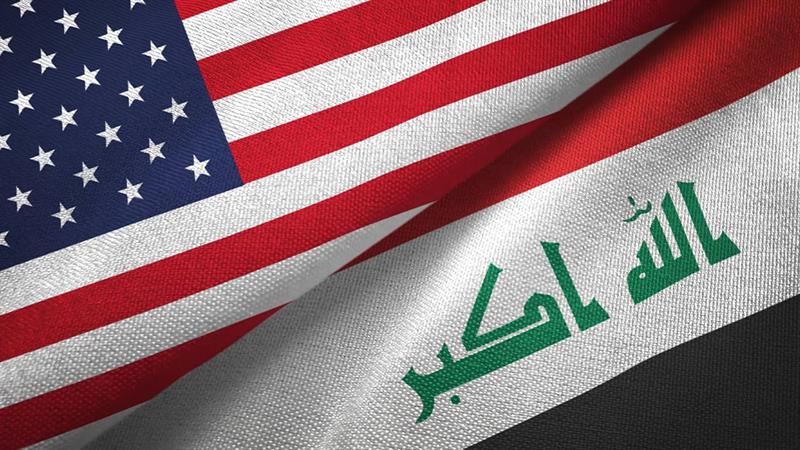 The US Energy Information Administration announced today, Thursday, that Iraq exported 65.737 million barrels of oil to the United States during the first six months of this year.
The US Energy Information Administration announced today, Thursday, that Iraq exported 65.737 million barrels of oil to the United States during the first six months of this year. Today, Thursday, the economic expert, Safwan Qusay, predicted that the demand for the dollar would gradually decrease and that the dollar might disappear from the informal market.
Today, Thursday, the economic expert, Safwan Qusay, predicted that the demand for the dollar would gradually decrease and that the dollar might disappear from the informal market.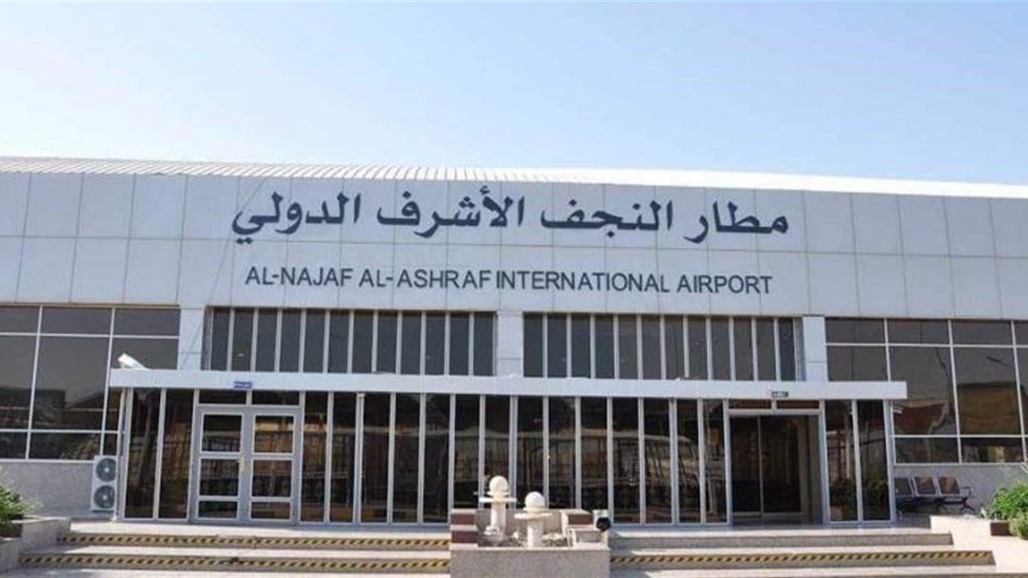 Shafaq News / The representative of Najaf Governorate, Ahmed Majeed, demanded, on Thursday, the Prime Minister, Muhammad Shia’a Al-Sudani, to intervene to stop the manipulation and embezzlement of the dollar in the Mosul Bank branch at Najaf airport.
Shafaq News / The representative of Najaf Governorate, Ahmed Majeed, demanded, on Thursday, the Prime Minister, Muhammad Shia’a Al-Sudani, to intervene to stop the manipulation and embezzlement of the dollar in the Mosul Bank branch at Najaf airport.
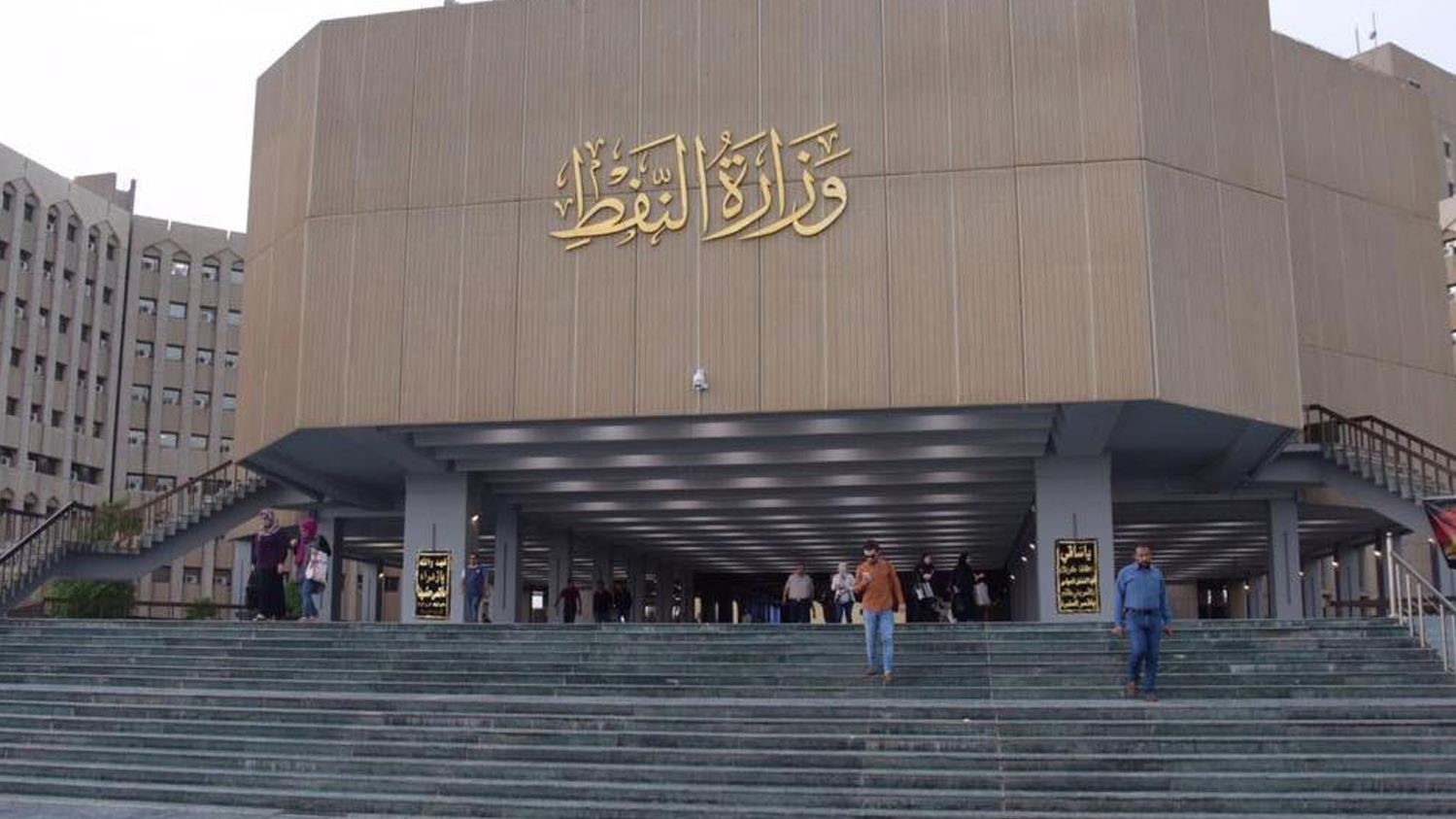 Shafaq News / Iraq’s oil revenues increased by 6.67% on a monthly basis, to reach $8.846 billion, while an economist attributed this to the rise in oil prices.
Shafaq News / Iraq’s oil revenues increased by 6.67% on a monthly basis, to reach $8.846 billion, while an economist attributed this to the rise in oil prices.